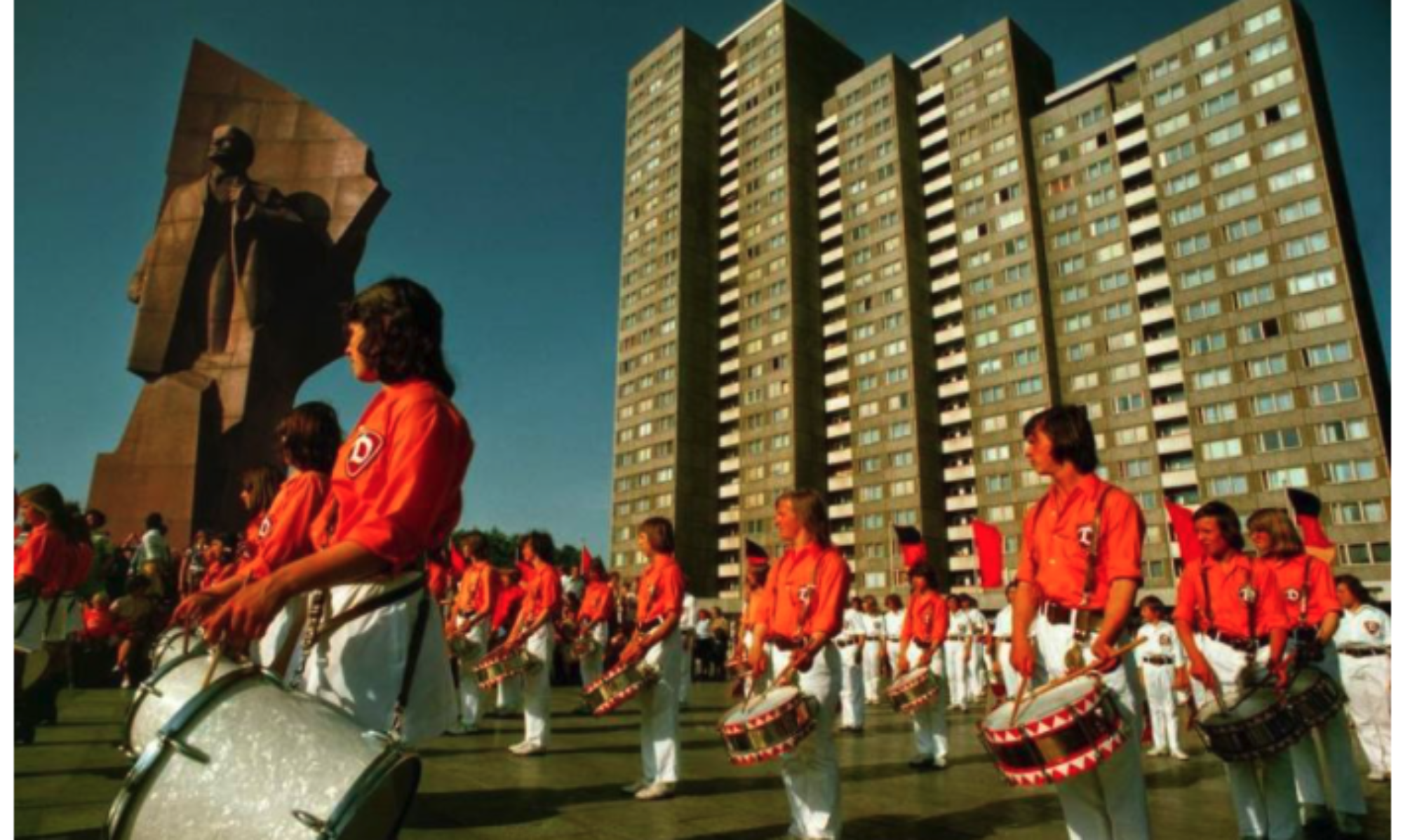In “What Changes in Summer and Autumn 1989?” by Mary Elise Sarotte, it is said that there are 5 major developments that led to the fall of the Berlin Wall. One that I am interested in is “The Beijing example failing to transfer to Europe” (16). This was an important development because it showed that “while violence against individuals remained a viable and successful option for Communist leaders” (16), it would no longer be used Europe. Because of this, Europe could make changes that China could not.
What I am interested in, however, is why the events in Tiananmen Square and Leipzig turned out so differently? There were many similarities between the two events: they were relatively close together in time (May and October, respectively), and the two countries were both celebrating their 40th anniversaries that year. The leader of the GDR, Erich Honecker, even hoped to “instigate” (19) a repeat of the massacre in Beijing. He ordered authorities to carry guns, planned for the presence of 8,000 authorities, and told hospitals to get ready to the aftermath.
Sarotte says that the protest in Leipzig was peaceful because of: “Soviet unwillingness to interfere, public appeals for nonviolence, and personal ambition [of Krenz]” (20). However, to me, this seems to be slightly flawed. For example, I’m sure the students in Beijing appealed for nonviolence. Additionally, Honecker tried specifically to follow the China’s footsteps, so how can it be that different?
Why do you think that Leipzig was so different from Tiananmen? I think it may be the East German authorities’ willingness to step back from orders and just not wanting blood on their hands, but if that is the case, why do you think they acted differently than Chinese officials? Or, do you think there is another reason?

I think you ask a really good question, Veena. As a full disclaimer, I know very little about Chinese history but I would imagine that the answery broadly has to lay in culture. The people of East Germany were spurred on by Soviet leniency in other places (like Hungary) and I think they understood that while Beijing was possible, it was not certain.
I also think that Erich Honecker was quickly losing what political power he had left. Sovereignty lies ideally within the hands of the people and I think the sense of Soviet Power was quickly dissolving even if the lines of which were not entirely clear. I wouldn’t imagine the Beijing was an isolated event but I know that the fall of the Berlin wall was not, nor did the Soviet Union intend for it to end like Beijing.